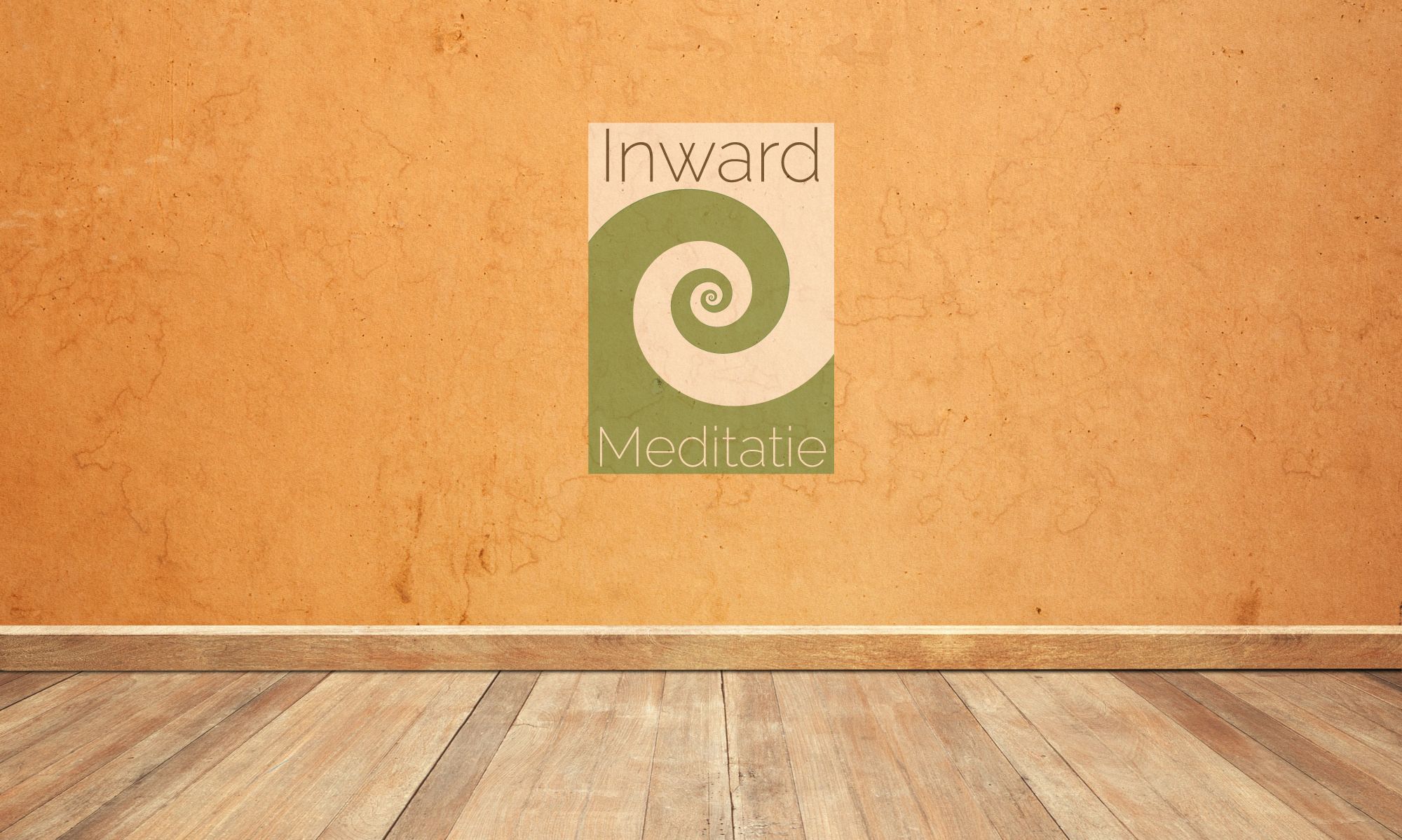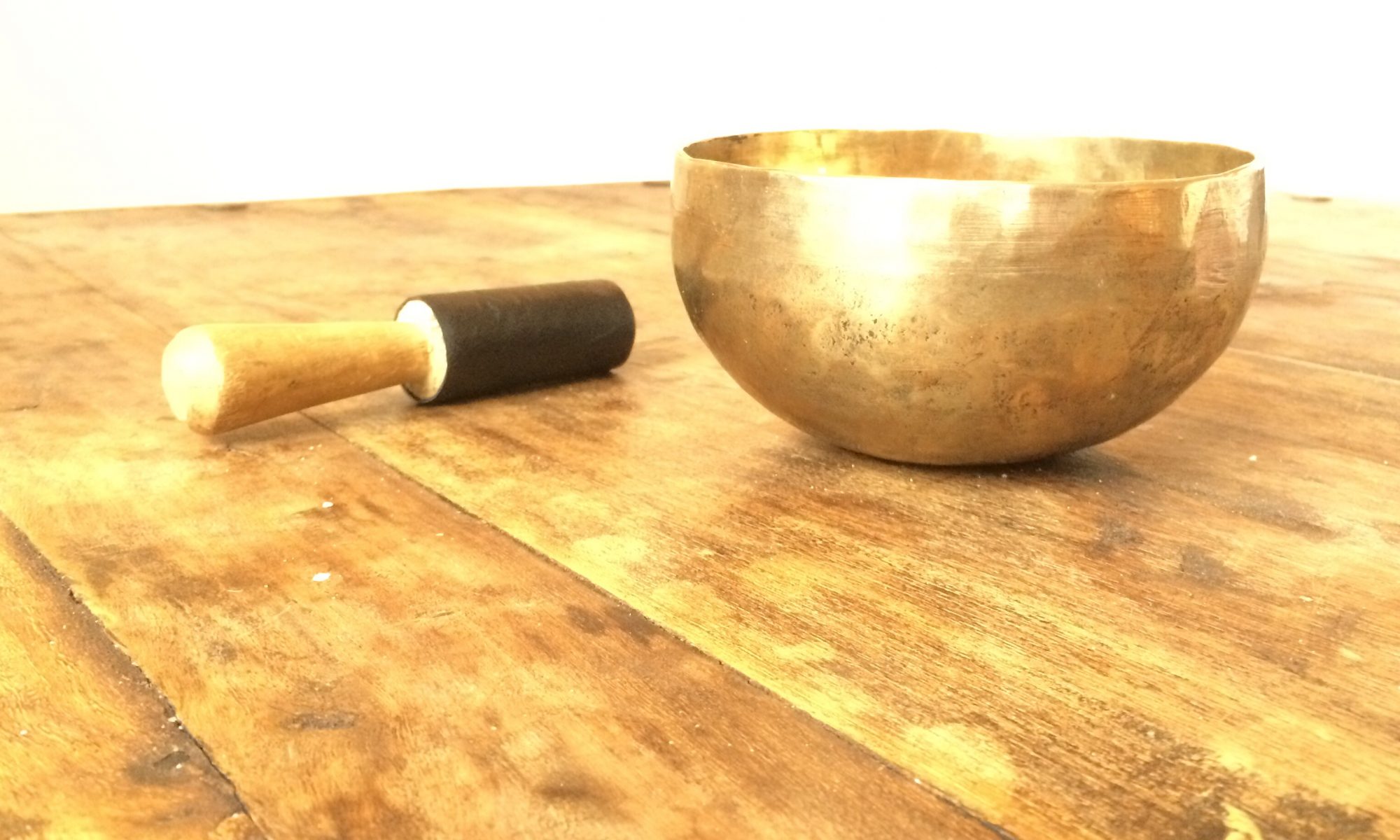We all know that there are certain things you can do to become a happier, freer person. We hear a lot about meditation, mindfulness, yoga, therapy, coaching, affirmations, heartfulness, faith, the benefits of sleep, friendfulness, a healthy diet, vitamins, all these superfoods and other wonderfulness.
Apparently, the happiest person in the world is a monk, who gave up his life as a French academic to meditate in Himalayan caves for years on end. By himself.
It is easy to jump to the conclusion that, in order to be happy and free, you have to DO a bunch of stuff, and NOT DO a bunch of other stuff. Ultimately, you may even have to forego your desires and luxuries in order to pick up mendicant life to become truly happy.
You don’t have to be psychic to see that this does not go over well AT ALL with most people today. If you’re anything like me, your life is already filled to the brink with things that should be done. And you’re probably somewhat aware of those other things, that really aren’t beneficial but that you seem to have trouble not doing nonetheless.
Adding new things to the “todo list”, and extra weighted guilt to your vices is not going to do much for your long-term happiness, let alone your freedom.
Here are some counterintuitive truths. Happiness does not issue from outside things, and freedom does not revolve around your actions or your environment.
You can always be happy, if you only choose to. And you can experience freedom in every situation – even right now, as you’re reading this – if you want.
Happiness and freedom, both of these are interpretations. You interpret the world in a certain way that makes you feel unhappy or bound. But there is no definitive authority that has the power to enforce these interpretations. Except for your mind, that is.
Your mind is an incredibly complicated instrument that takes all of your desires, fears, likes, dislikes, proclivities and employs them to emotionally “colour” your experience. Happiness and the experience of freedom are outcomes of this process. In this very real sense, you are constantly creating your own reality.
Knowing this, there are two things you can do. Either you can strive to stop having desires, anxieties, likes, dislikes and proclivities – which is the strategy “pursued” in many monastic settings. This is logical, as letting go of these mental habits makes a progressive withdrawal from the world practical.
It is also way too extreme for most people.
The other strategy is to hold all these desires, etc. lightly. Know that these objects of your mental life are very powerful. That “having them” is tantamount to creating a certain reality for yourself. But also decide that your experience of happiness and freedom are much too important to be impinged upon long-term by these shifting sands of desire and aversion.
Merely knowing it intellectually does not make a difference, however, as most of your day-to-day experience is influenced by largely automatic behaviours, known as habits. The knowledge needs to be experiential, where you can witness first-hand how happiness and freedom are created, strengthened or weakened.
There are several mental practices to help you integrate this insight into your daily routines. Don’t expect any of them to yield instant results – rather, prepare for this integration to progress incrementally for the rest of your life.
Most importantly, you shouldn’t view these practices as ‘important’ in their own right. They aren’t. Neither are they magical, mystical or any other type of woowoo. They are nothing more than pointers to help you make more sense of your inner landscape. In a very real sense, they are the tools that help you to become conscious to your own mind. As no tool should ever be the raison-d’être of human life, in the same way these practices are merely instrumental in your becoming happier, freer, and more awake. Never should you feel unfree or unhappy because you feel you have to do these things.
On to Part 2 — Practice attention and awareness through mindfulness
On to Part 3 — Practice love using heart-opening practices
On to Part 4 — Notice what happens in your life as you live it

